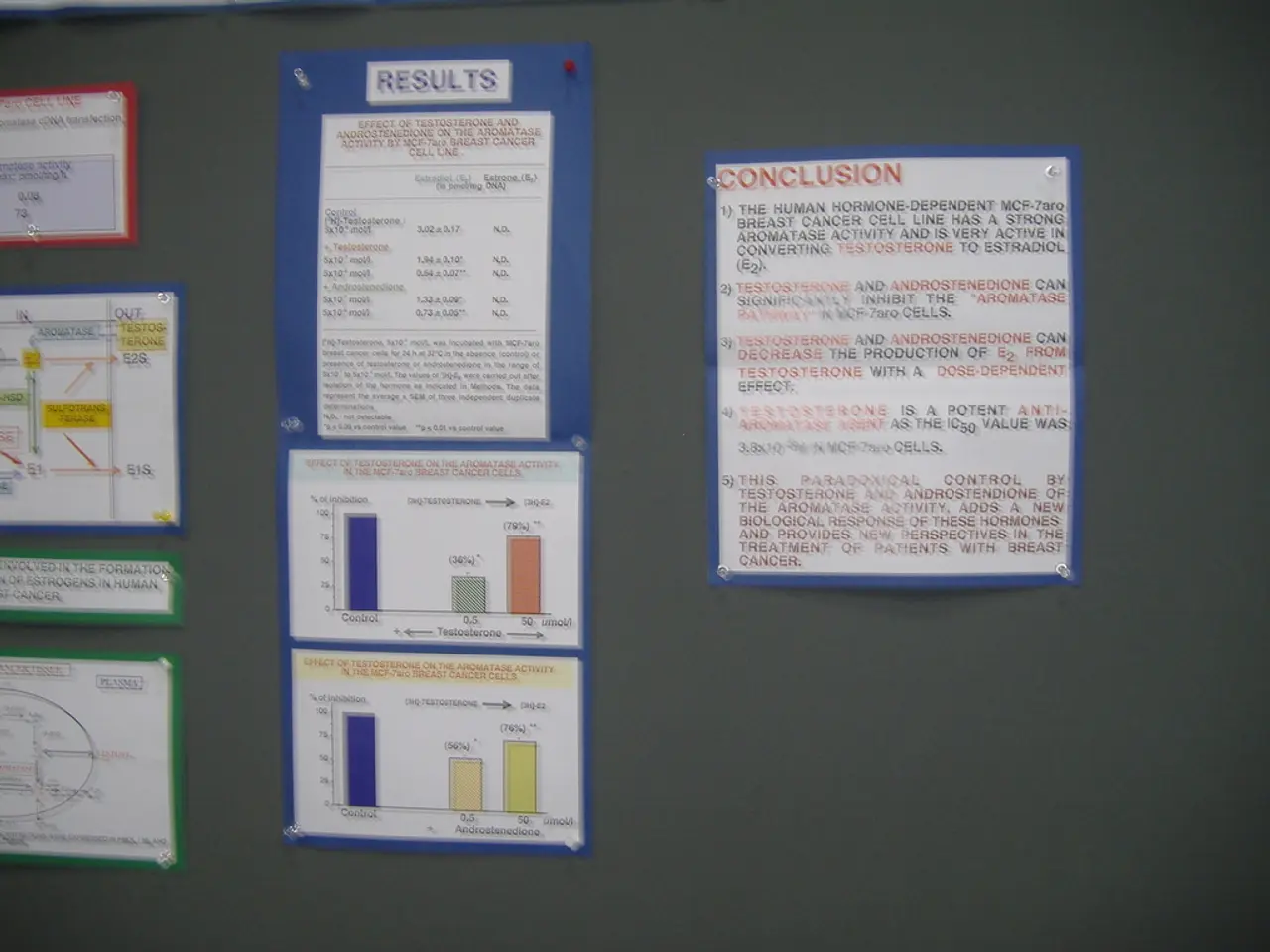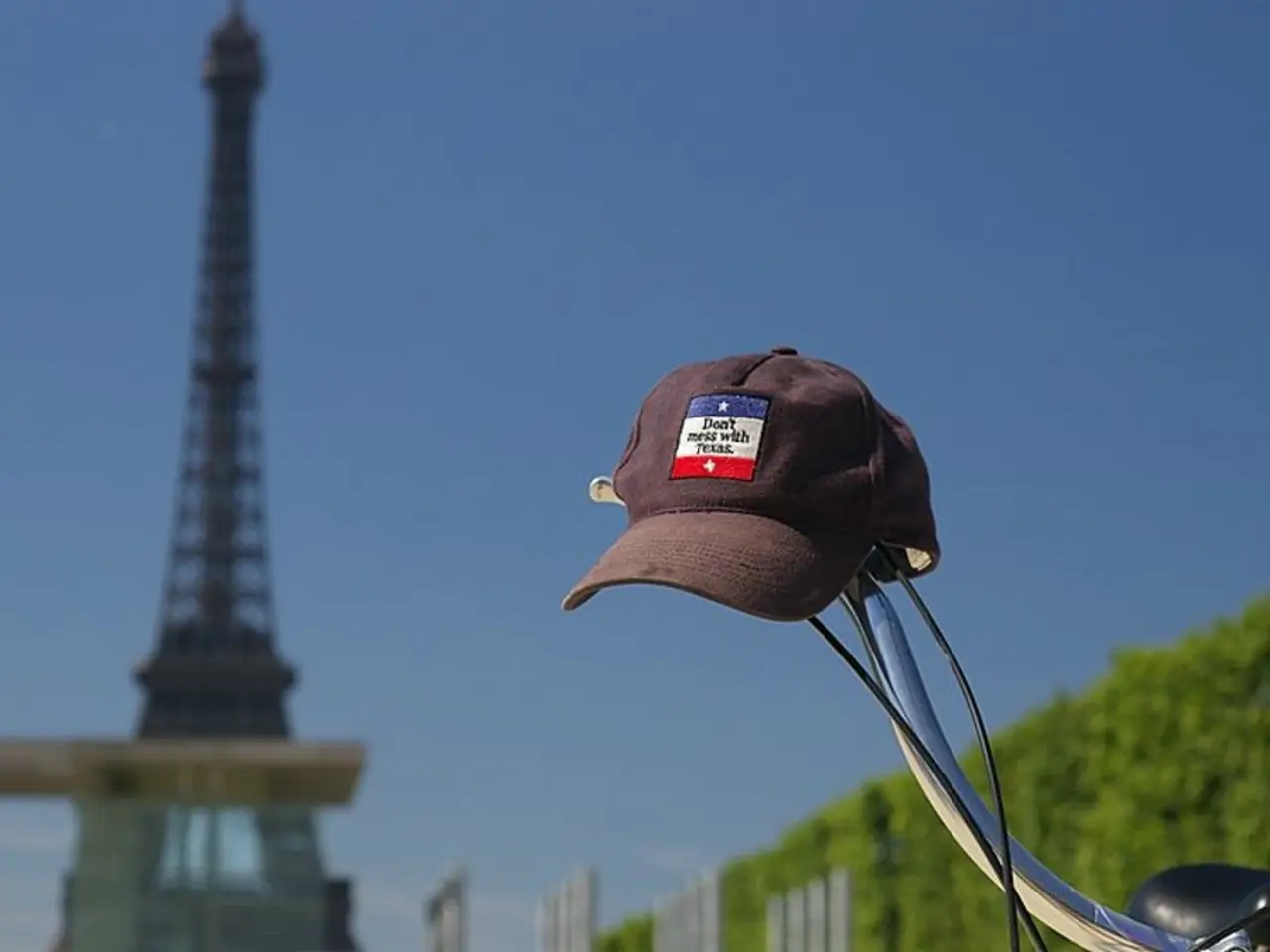Breitling executive, Georges Kern, comments on the customs issue: 'Switzerland's regulations are being controlled by the pharmaceutical sector'
The American government's decision to impose a 39% tariff on all Swiss products, announced on a Friday morning, has caused significant economic uncertainty and widespread concern among Swiss CEOs and experts [1][2]. This tariff, enacted by President Donald Trump via Executive Order 14308 on July 31, 2025, is targeted primarily at Swiss imports, including luxury watches, which are likely to raise costs for U.S. importers and retailers, putting pressure on margins and market access.
In response to this tariff, common strategies suggested by CEOs and trade experts in similar situations often include:
- Supply Chain Diversification: Companies may shift sourcing or manufacturing to countries not subject to these tariffs to reduce costs.
- Increasing Local Production: Encouraging more domestic production to avoid import tariffs.
- Pricing Adjustments: Passing a portion of increased costs onto end consumers, though this risks reduced demand.
- Accelerating Imports: Importers might accelerate shipments before tariff implementation to mitigate near-term impacts.
- Engaging in Trade Negotiations: Lobbying for tariff relief or negotiating new trade agreements.
- Improving Operational Efficiency: Reducing other costs to offset tariff burdens.
However, specific strategies recommended by Barend Fruithof, CEO of Aebi Schmidt, and other Swiss CEOs have not been explicitly detailed in the available information. It's worth noting that the "royal road" suggested by Fruithof for saving American businesses despite the 39% tariff remains unspecified in the provided text.
The situation for exporting companies in Switzerland has dramatically worsened due to the planned 39% tariff, with many CEOs left speechless by the announcement. Users are advised to adjust their settings to enable JavaScript on NZZ.ch to access news and updates on this developing story.
If you require information specifically from Barend Fruithof or Aebi Schmidt, further or more targeted searches may be necessary, as current sources do not provide these details.
References:
[1] ABC News. (2025). Trump imposes 39% tariff on Swiss products. Retrieved from https://abcnews.go.com/Business/wireStory/trump-imposes-39-tariff-swiss-products-74542491
[2] CNBC. (2025). Swiss watch industry braces for U.S. tariff hit. Retrieved from https://www.cnbc.com/2025/07/31/swiss-watch-industry-braces-for-u-s-tariff-hit.html
- In light of the economic uncertainty caused by the 39% tariff on Swiss products, Aebi Schmidt's CEO, Barend Fruithof, is encouraging other businesses to explore strategies for applying supply chain diversification to avoid the tariff's negative impact on finance and business.
- Given the potential financial strain on Swiss businesses due to the 39% tariff, Barend Fruithof, CEO of Aebi Schmidt, might be proposing industry-specific solutions such as improving operational efficiency or engaging in trade negotiations to help manage costs and maintain market access.




